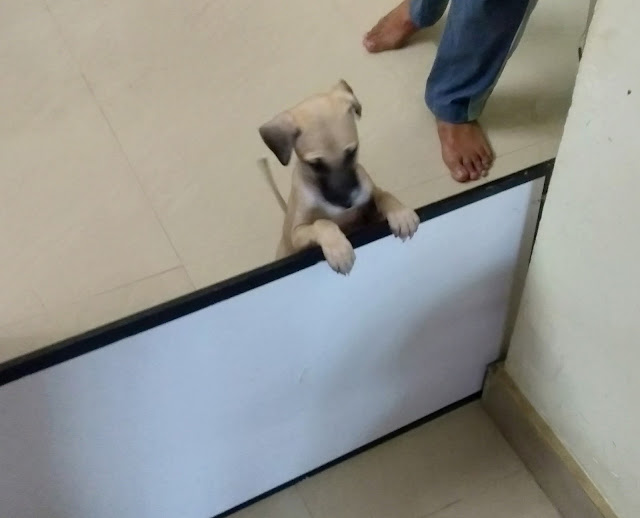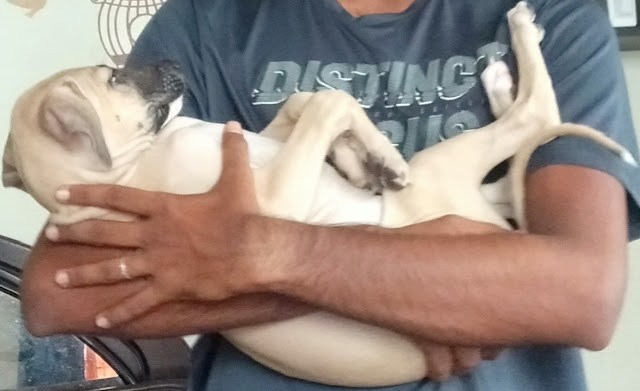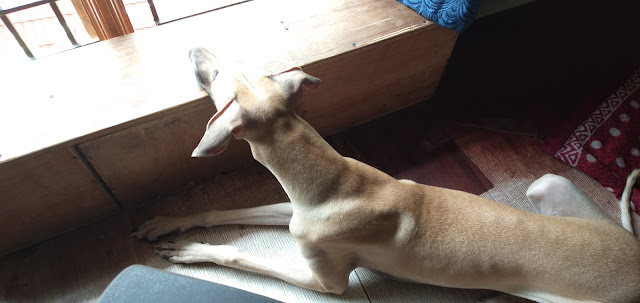Dog Diet Series: Episode 3 - Vitamin A for Dogs, Benefits, Deficiency and Overdose Symptoms, Food Sources
Behind every shiny coat, there is Vitamin A - 'Paw'verb.
Find, 'proverb' apart, Vitamin A plays a key role in dog's health. From shiny coat to healthy immune system, the role of Vitamin A is vital.
In this post, let's explore:
- Why dogs need Vitamin A
- Vitamin A rich foods
- How to add Vitamin A safely for dogs
- Recommended dosages and vet advice
Why is Vitamin A Important for Dogs?
Vitamin A is a fat-soluble vitamin that gets stored in your dog's body fat.
Let's see how Vitamin A helps your dog:
- Promotes skin and coat health
- Improves vision, especially night vision
- Boosts immunity
- Supports growth and cell regeneration
- Helps with reproduction
Deficiency of Vitamin A may lead to:
- Dry, flaky skin
- Dull coat
- Poor night vision
- Low immunity levels
- Stunted growth in puppies
Kindly check the video on YouTube.
Best Sources of Vitamin A for Dogs
- Carrots
- Pumpkin
- Sweet potatoes
- Spinach
- Boiled egg
- Liver (Beef, chicken)
- Cod liver oil
- Dairy (Yogurt, paneer)
All foods should be cooked well before serving dogs. Dairy should be served in small quantities and also only if the dog is lactose-tolerant.
Carrots and pumpkin can be part of daily meals as safe, natural beta-carotene sources.
Being a rich source, liver can be given only once a week to prevent overdosing of Vitamin A.
Eggs can be fed in moderation.
Always check the label if you are feeding commercial dog food to your pet to avoid over-supplementing.
Safe Ways to Add Vitamin A to Home-Cooked Diet
Some of the safe ways to add Vitamin A to home-cooked food for dogs:
- Mix cooked carrots with rice or oats
- Add a teaspoon of plain pumpkin puree to dog meals.
- Feed boiled eggs.
- Feed a small piece of liver once a week.
- Include cooked spinach in your dog's diet twice a week.
Never overfeed any single ingredient.
Moderation is key. Too much of Vitamin A can be harmful. Opting for natural food sources in moderate amounts will help to strike a perfect balance.
Before serving any new food to your pet, kindly consult with your veterinarian and follow their instructions.





Comments
Post a Comment